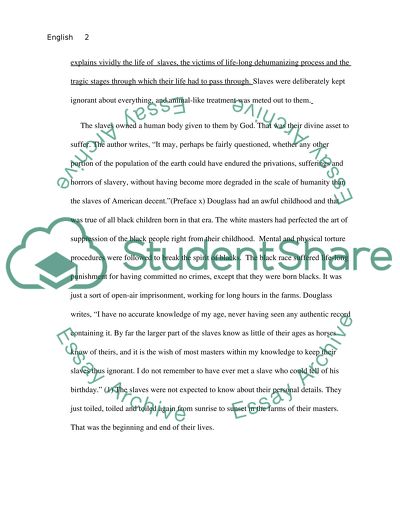Cite this document
(“English Essay Example | Topics and Well Written Essays - 1000 words - 3”, n.d.)
Retrieved from https://studentshare.org/literature/1463679-english
Retrieved from https://studentshare.org/literature/1463679-english
(English Essay Example | Topics and Well Written Essays - 1000 Words - 3)
https://studentshare.org/literature/1463679-english.
https://studentshare.org/literature/1463679-english.
“English Essay Example | Topics and Well Written Essays - 1000 Words - 3”, n.d. https://studentshare.org/literature/1463679-english.


